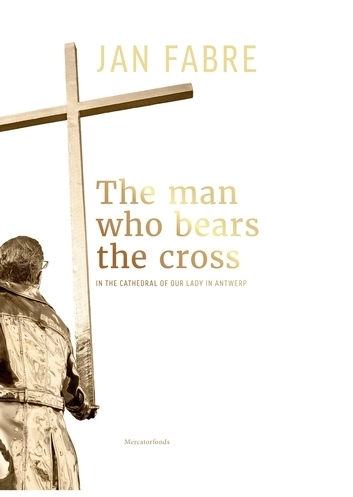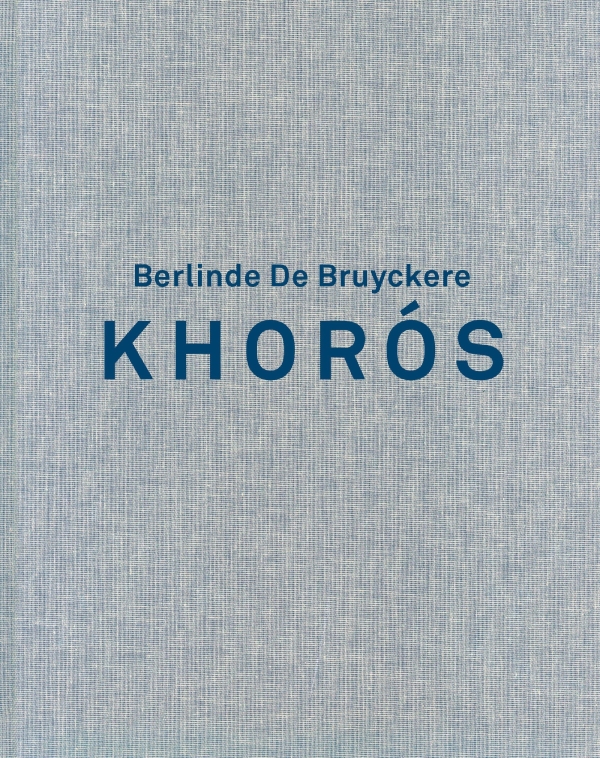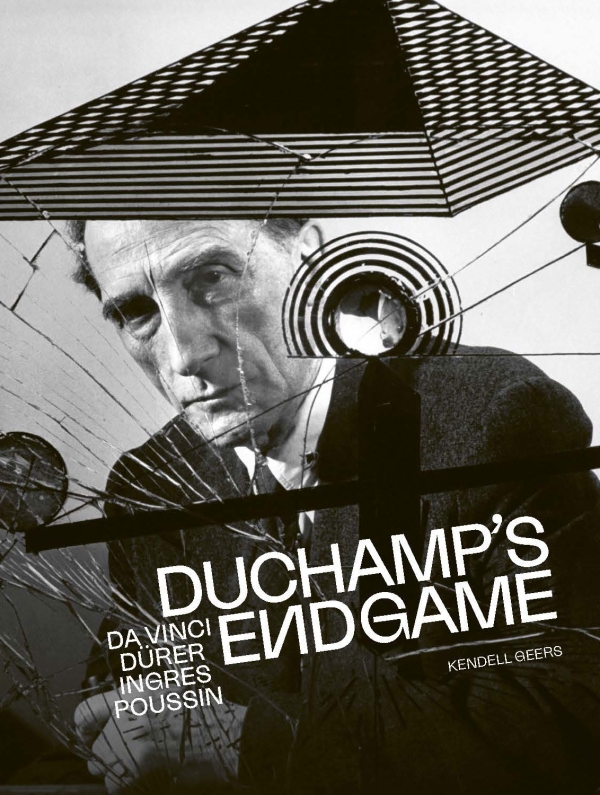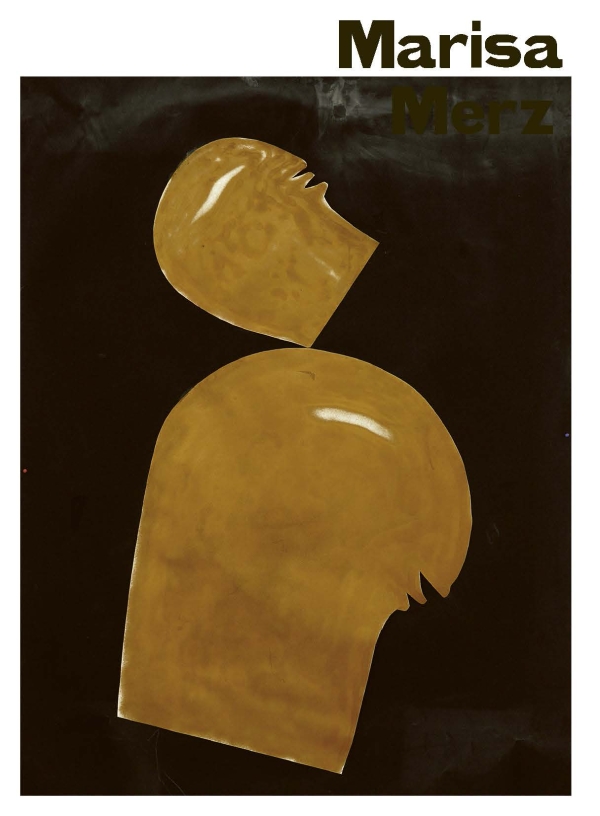Jan Fabre. The man who bears the cross
Met bijdragen van Mgr. Johan Bonny, Bart Paepen, Paul Huvenne, Kathy De Keteleer & Joanna De Vos
"Jan Fabre. The man who bears the cross" added to shopping cart!
Check shopping cartChurches are synonymous with art, and this holds for Antwerp cathedral too. Whoever visits the Cathedral of Our Lady today can observe countless old masterpieces which were often specially made for the church. Quentin Metsys’s Lamentation marks the transition from traditional wooden altarpieces to painted altarpieces. A century later Rubens introduced the fiery dynamism of the baroque with his Descent from the Cross. In their day, both artists were innovative and progressive.
But the link between contemporary art and the Church became less evident in the 20th century. With the exception of a few monuments and some liturgical objects, nothing new has been added to the collection since the start of the last century. In November 2015, however, a new artwork will adorn Antwerp cathedral thanks to the support of a patron: Jan Fabre’s bronze sculpture The Man Who Bears the Cross (2015) will be given a permanent place in the cathedral.
A work by Fabre in a religious building? This is perhaps less surprising than it may seem. Fabre describes himself as a spiritual sceptic. Although his search for the meaning of life fits neither in a religion nor in an ideological system, he is open to the transcendence that exalts life. In his work Jan Fabre draws on sources from the Christian and other religious traditions. Like so many of our contemporaries, he nevertheless maintains a certain distance and remains the sceptic who questions and doubts. It is no coincidence if the artist emphasizes the search for balance when discussing his sculpture: The Man Who Bears the Cross is literally a balancing act, just as belief is today.
Comprising several essays and large-format photographs, this publication shows how Jan Fabre’s spiritual quest is a work in progress, just as the spiritual quest of others was in the past and still is today
With contributions by Mgr Johan Bonny, Bart Paepen, Paul Huvenne, Kathy de Nève, & Joanna De Vos








